
Desde sus inicios en el año 2009, Colectivo El Pozo ha presentado obras de teatro en español en la ciudad de Chicago. Mantenemos un interés especial en los contextos de la migración. Se trata de
obras originales, escritas por dramaturgos que pertenecen a la diáspora latinoamericana. En cada temporada, Colectivo El Pozo produce una o dos obras, así como lecturas dramatizadas. En nuestras producciones intentamos incorporar componentes multimedia. Asimismo, buscamos invitar a artistas que se especializan en otras disciplinas. A partir de 2019, incursionamos en el cine independiente, siempre siguiendo las rutas de la migración.
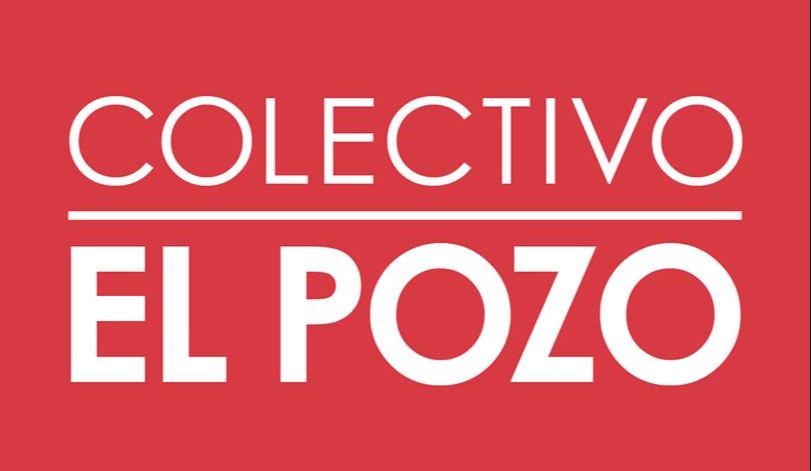
Colectivo El Pozo
Since its inception in 2009, Colectivo El Pozo has expanded theatrical opportunities for Chicago artist that are mutually interested in developing Spanish-language theatre works within the broader scope of immigration. Our work is original and driven by writers from the Latina/o diaspora in the US. El Pozo develops and produces at least two new works per season, as well as staged dramatized readings throughout the year. El Pozo strives for cutting edge theatre that incorporates a signature multimedia component to its productions. In addition, we collaborate with a rich and diverse enclave of artists that are invested in furthering our mission. El Pozo offers a space where multidisciplinary artist with an interest in Spanish-language theatre can contribute in a meaningful way and thrive.
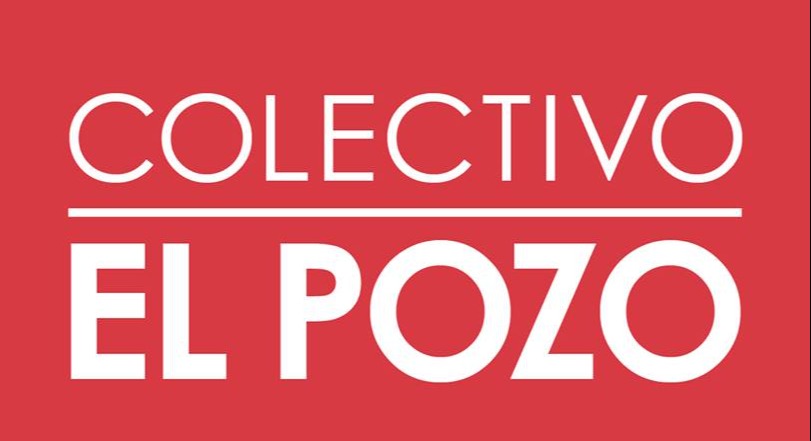
Colectivo El pozo
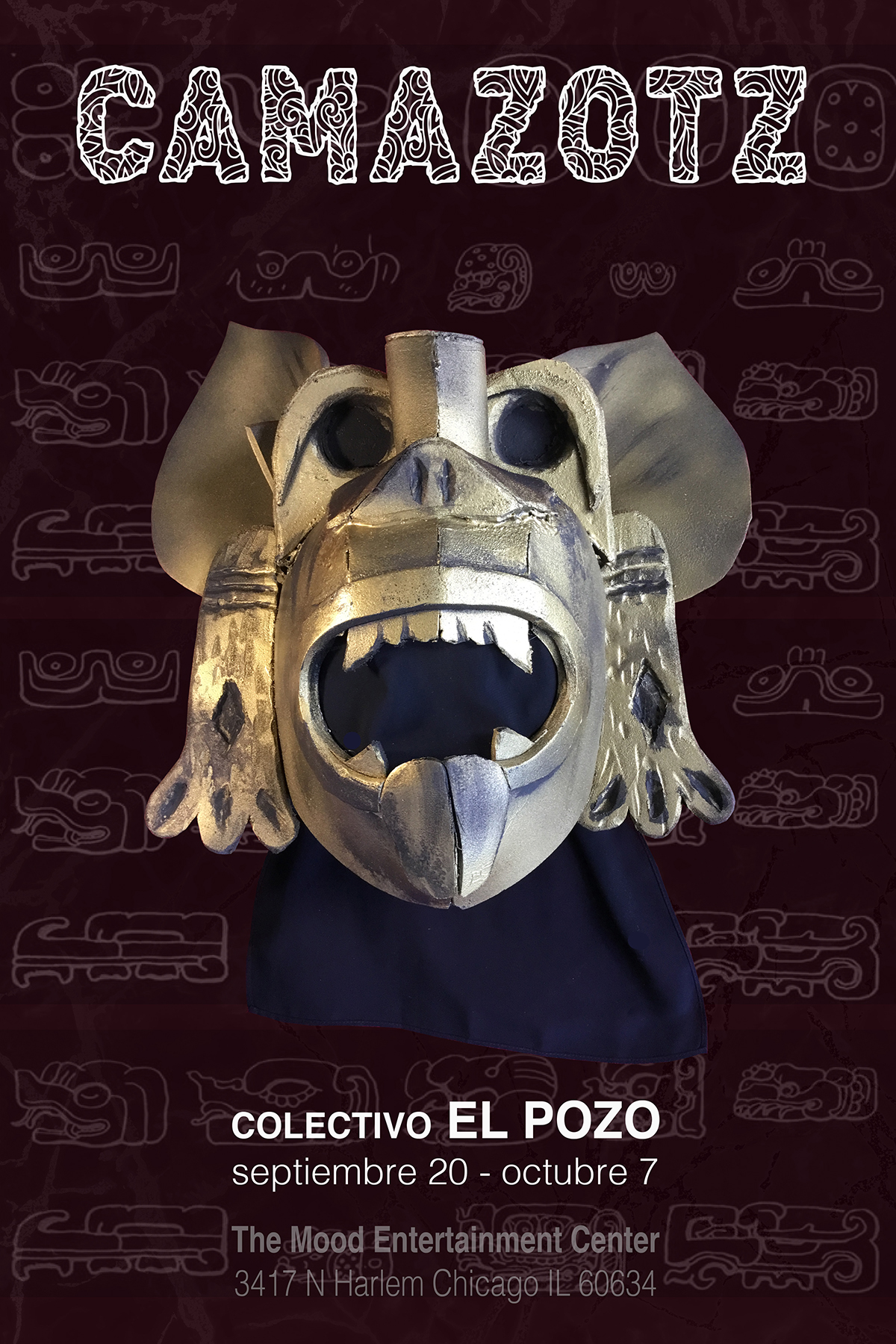
Camazotz nos cuenta la historia del dios murciélago de Mesoamérica quien ha vivido sin documentos por un año en Chicago. En esta ciudad conoce a una antropóloga de la Biblioteca Newberry, a un inmigrante que trabaja de cocinero en el downtown y a una jovencita méxico-americana que vive en los suburbios. Durante su estancia en Chicago, Camazotz es testigo de la violencia urbana. Ya que hay demasiada sangre derramada en la ciudad, no tiene que chupar el líquido vital; más bien limpia las heridas de las víctimas. La audiencia descubre que Camazotz tiene propiedades curativas. Todos los que interactúan con Camazotz se sienten impactados por la fuerza de este dios. En cierto momento Camazotz es arrestado y deportado, pero nunca llega a la frontera. En la obra vemos el periodista Roberto Rizzo entrevistando a las tres personas que conocieron a Camazotz.
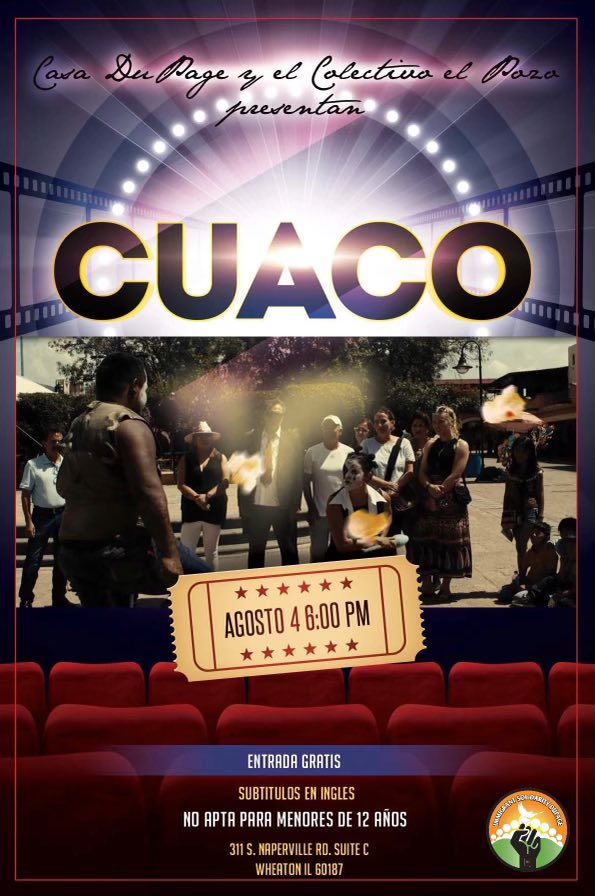
En el trayecto definitivo lo van perturbando algunos incidentes que lo remiten a su pasado, por ejemplo, al desmayarse en el desierto se encuentra con él mismo cuando era joven. Después de reponenrse de ese desmayo, prosigue su camino y vive un desencuentro con un hombre que fue deportado y que ahora le reclama a Horacio por la mala calidad de los documentos que le hizo. Finalmente llega a su pueblo y descubre que se han esfumado las esperanzas que guardaba de encontrar a su novia y su casa. Camina por las calles y las plazas como buscando su lugar. Entra a una iglesia y conversa con un hombre que pudo haber sido él si nunca hubiese migrado al norte. Inmerso en su confusión, visita a una chamana quien le aconseja celebrar con los Horacios que lo han estado persiguiendo y le asegura que ya está muy cerca de encontrar su lugar. Luego de dejar atrás tanto su pasado como su futuro y sus dos pasaportes, Horacio parece internarse por fin con certeza en la incertidumbre.
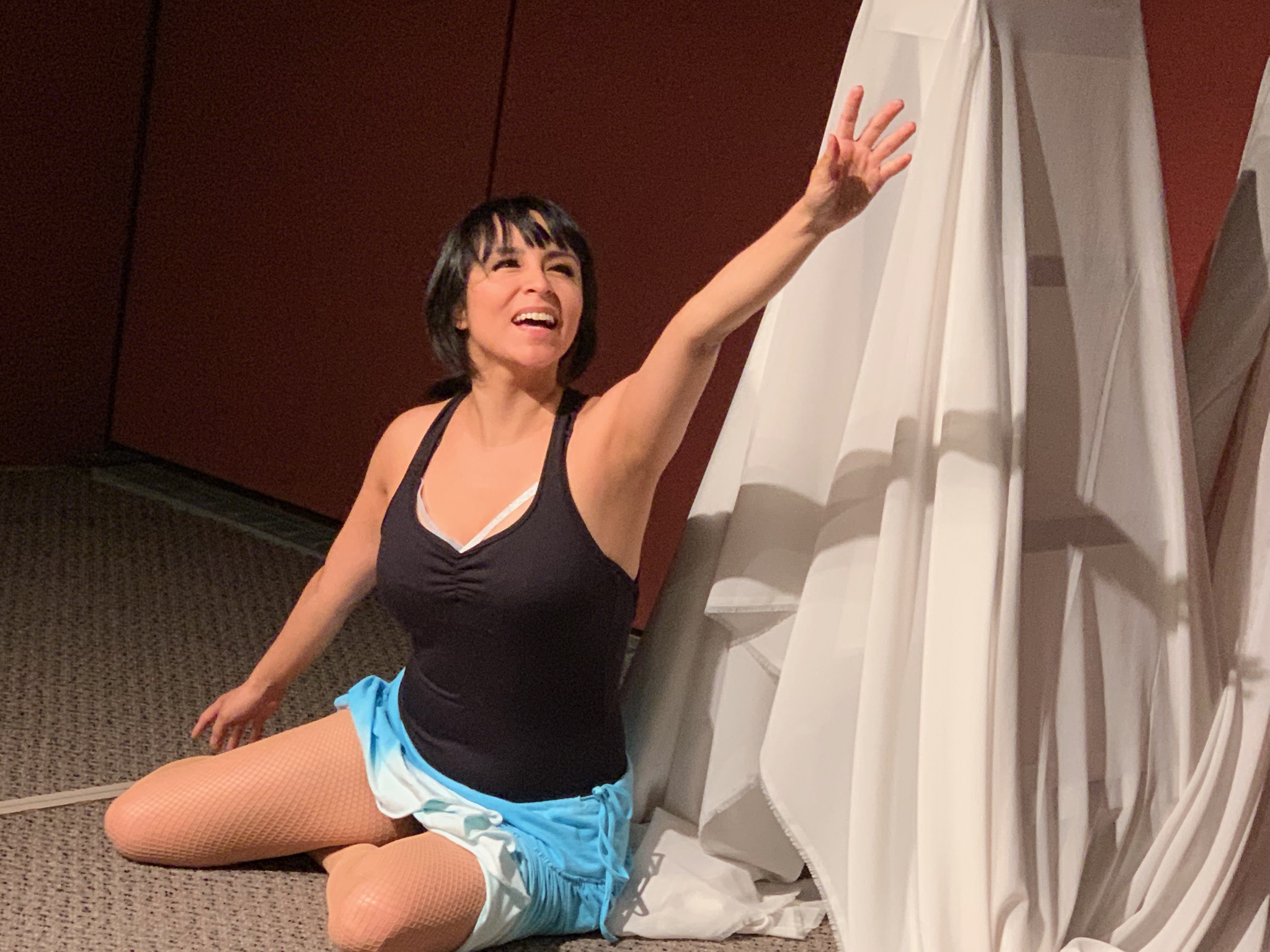
El Pozo presenta Telas, tres monólogos y dos cantos. El último monólogo incluye la proyección del cortometraje Delia, el instante que precede. Melannie González canta y Wannapa P-Eubanks acompaña las actuaciones con su danza. Los tres monólogos serán interpretados por Erin Escarlata, Miriam Román y Carolina Rodríguez. Delia, el instante que precede y Gatos en pandemia son textos de Colectivo El Pozo. "Mariposa de obsidiana" es un poema de Octavio Paz.
EL Pozo presents Telas: three monologues and two songs. The last monologue projects in the background the short film Delia, the moment before. Melannie González sings and Wannapa P-Eubanks accompanies the performances with her dance. The three monologues are interpreted by Erin Escarlata, Miriam Román and Carolina Rodríguez. Delia, the moment before and Gatos en pandemia were written by Colectivo El Pozo. “Mariposa de obsidiana” is a poem by Octavio Paz.
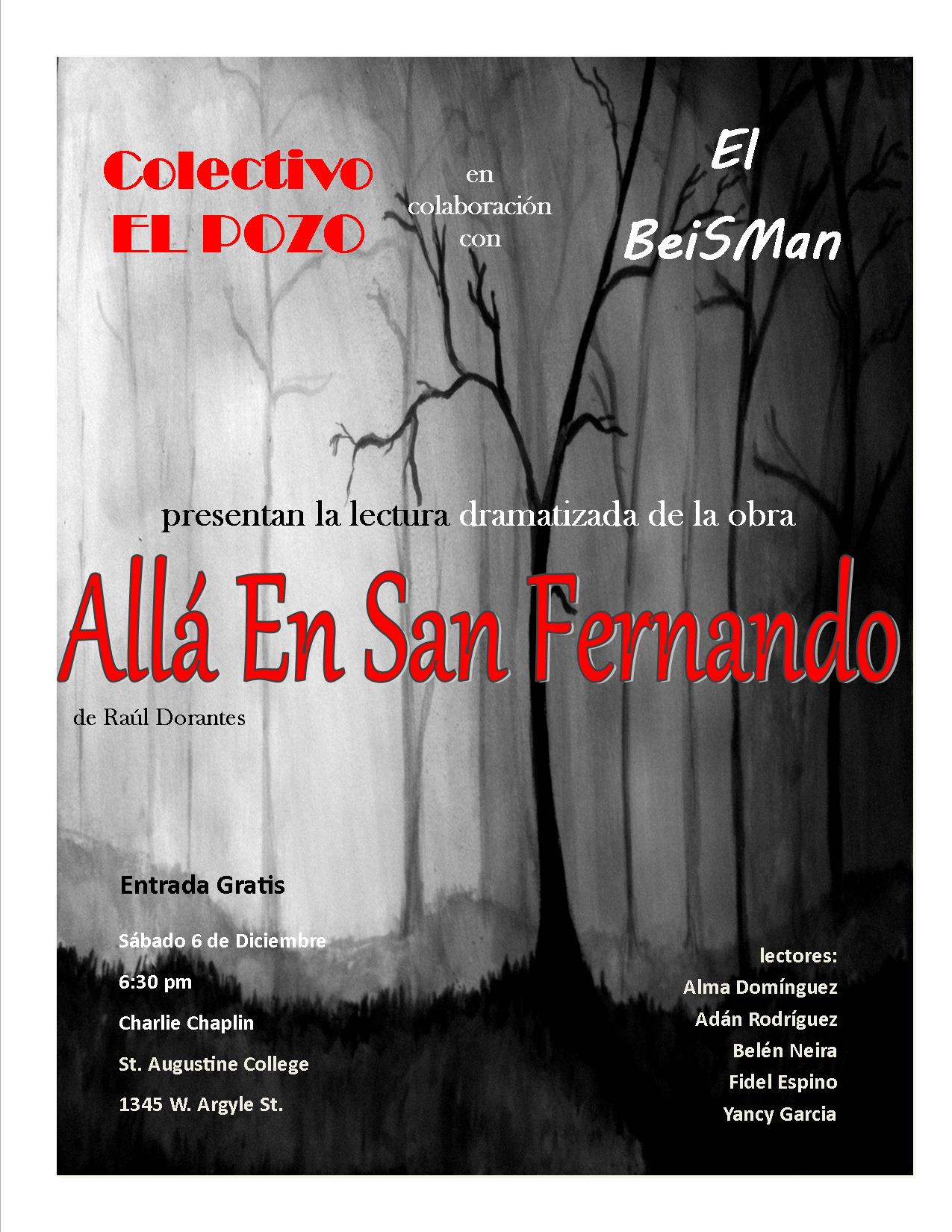
Vemos a tres mujeres (una centroamericana, una caribeña y una mexicana) que trabajan indirectamente para el Cártel del Puerto. Los enemigos, del llamado Cartel de la Letra, las toman prisioneras, las interrogan y las decapitan, todo frente a una cámara de video. Posteriormente las mujeres rearman sus cuerpos e inician un caminar por un espacio que nos recuerda el Purgatorio creado por el poeta florentino Dante. En ese caminar las tres mujeres encuentran de nuevo a sus verdugos y ellas son ahora las que se encargan de interrogarlos. Allá en San Fernando nos lleva a reflexionar sobre la violencia y la redención.
We see three women (one Central American, one Caribbean, and one Mexican) who work indirectly for the Port Cartel. The enemies, from the so-called Cartel de la Letra, take them prisoner, interrogate them and behead them, all in front of a video camera. Subsequently, the women reassemble their bodies and begin to walk through a space that reminds us of the Purgatory created by the Florentine poet Dante. On this journey, the three women meet their executioners again and they are now the ones in charge of interrogating them. Allá en San Fernando leads us to reflect on violence and redemption.
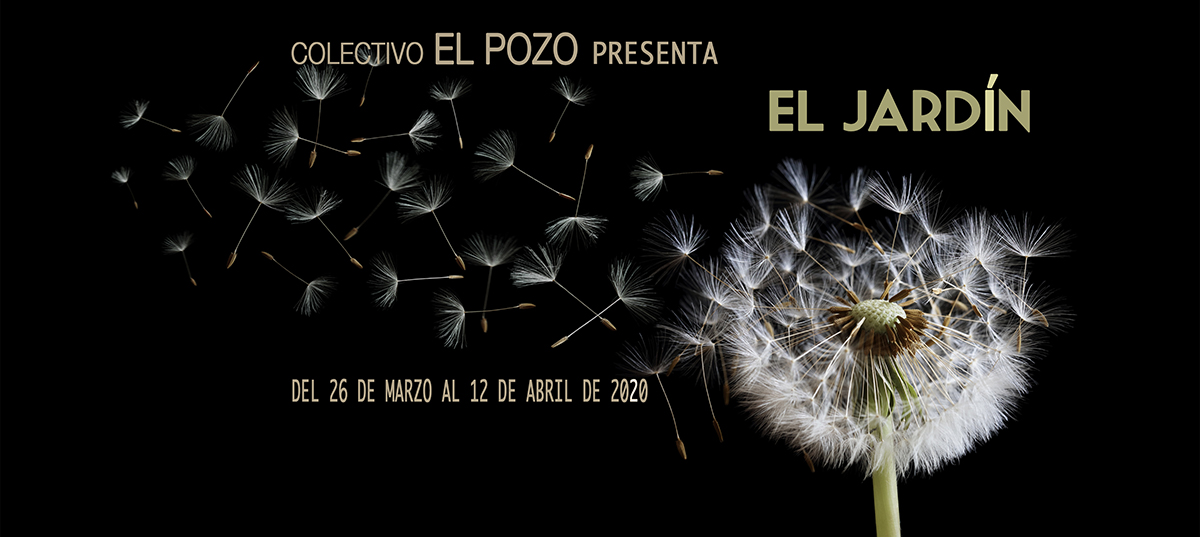
El Jardín, an original play written by Colectivo El Pozo, tells the story of the last night of a historic bar located in Pilsen. The bar was originally owned by Russian immigrants and then changed hands to Czechs and Poles new to the city. The most recent owners were Mexican. The lives of those who lived and worked in Pilsen as well as those of the last owners and patrons is presented through flashbacks of long held memories as well as the days before the final night. The regular patrons: a priest, a widow without children, an ex-guerrilla fighter and a middle aged Chicana woman gather with Chuy, the bartender, to wait for the owner. As they wait, they find themselves only able to speak in the past tense. The present is not in their reach until a longtime patron, who has not been seen in several years, enters the bar. Sami challenges their views of time, life and death as they learn of their own fate and that of the bar. The play celebrates friendship, copes with trauma and the acceptance of endings. When the lights go out, the actors decide whether to wait for them to return or to become light to themselves.
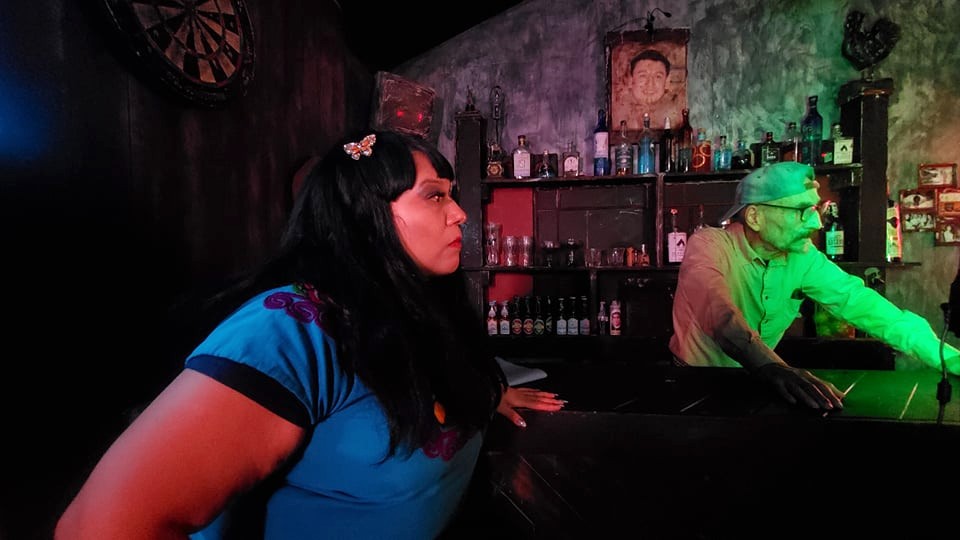
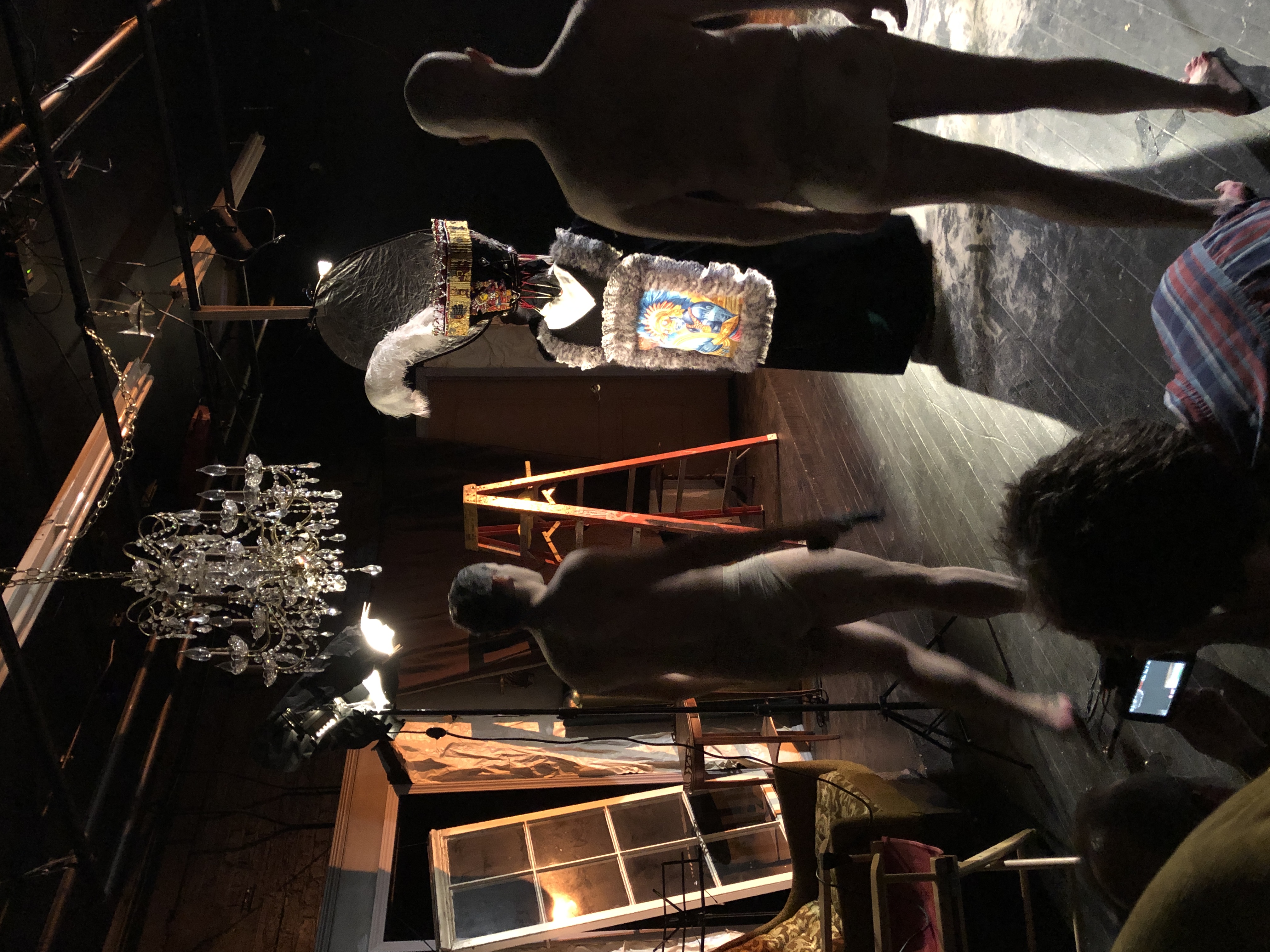
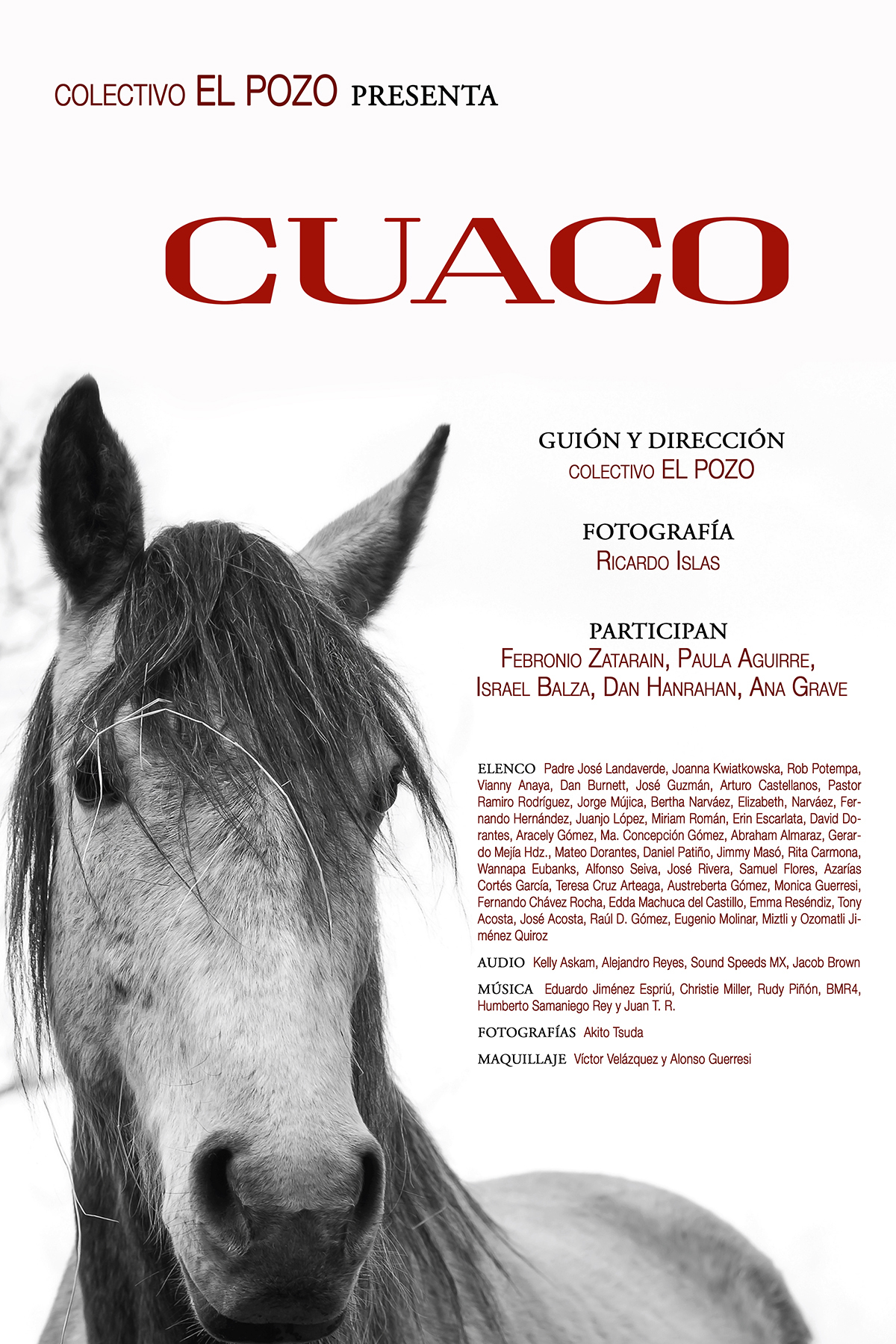
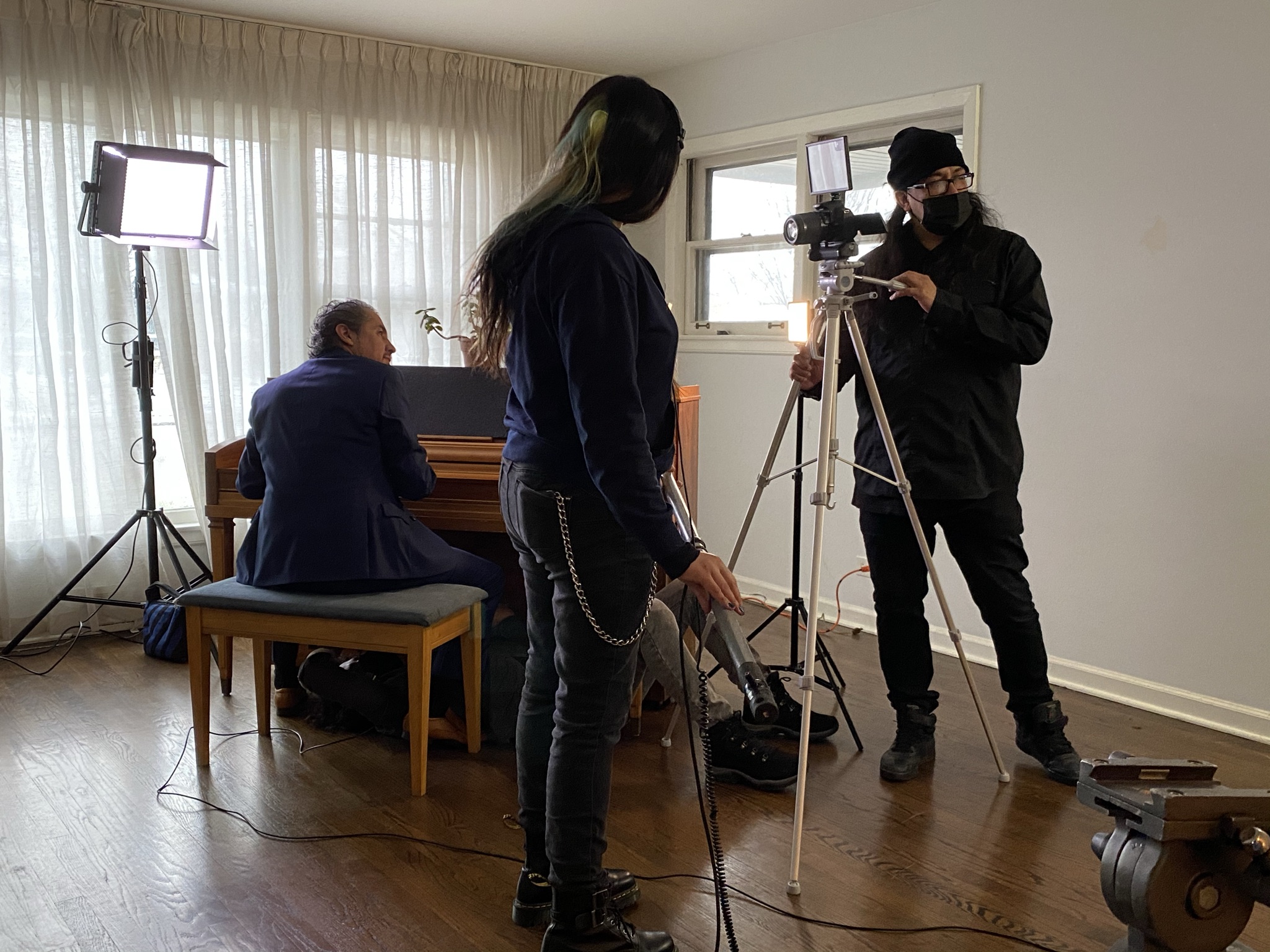
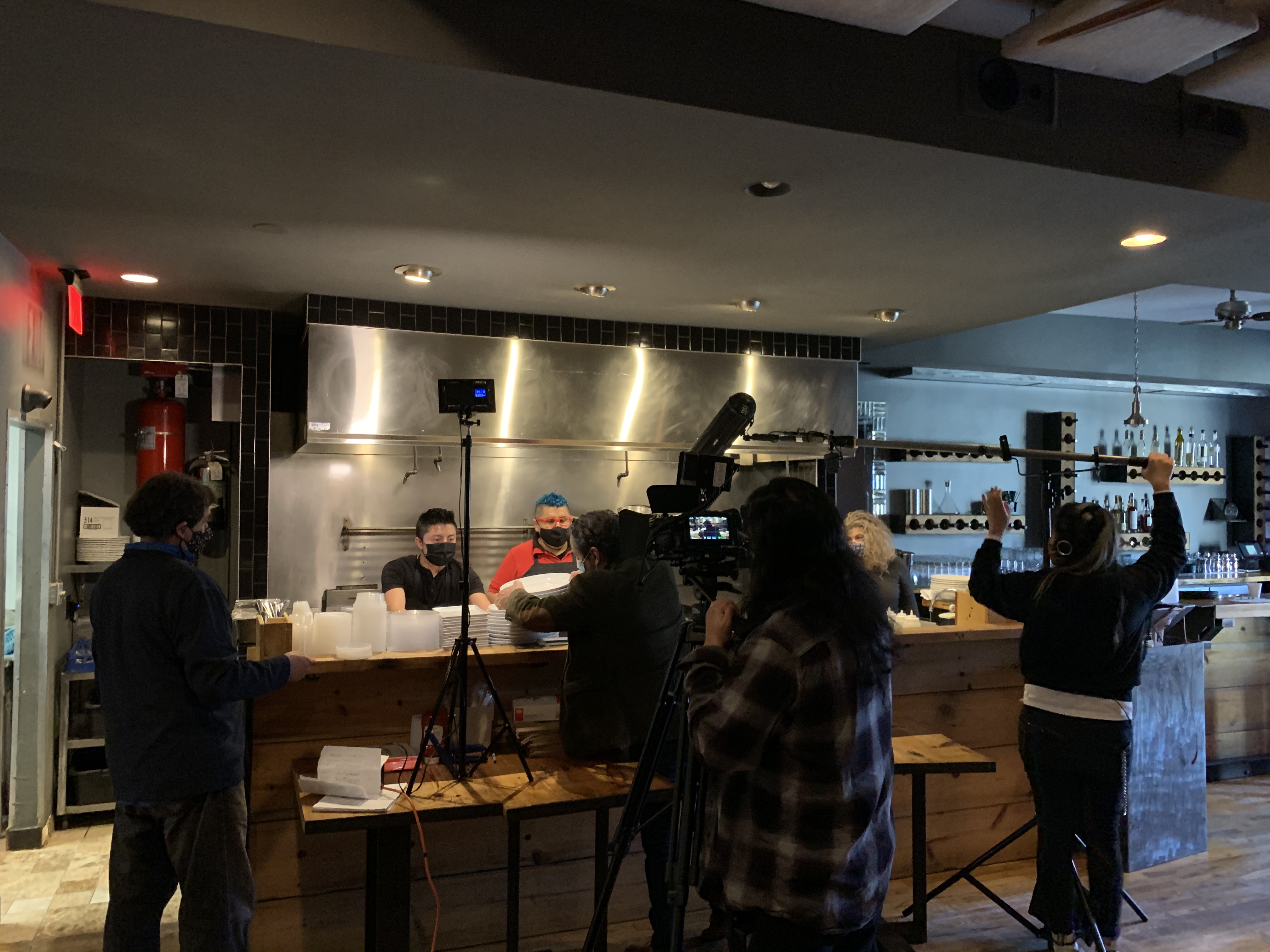
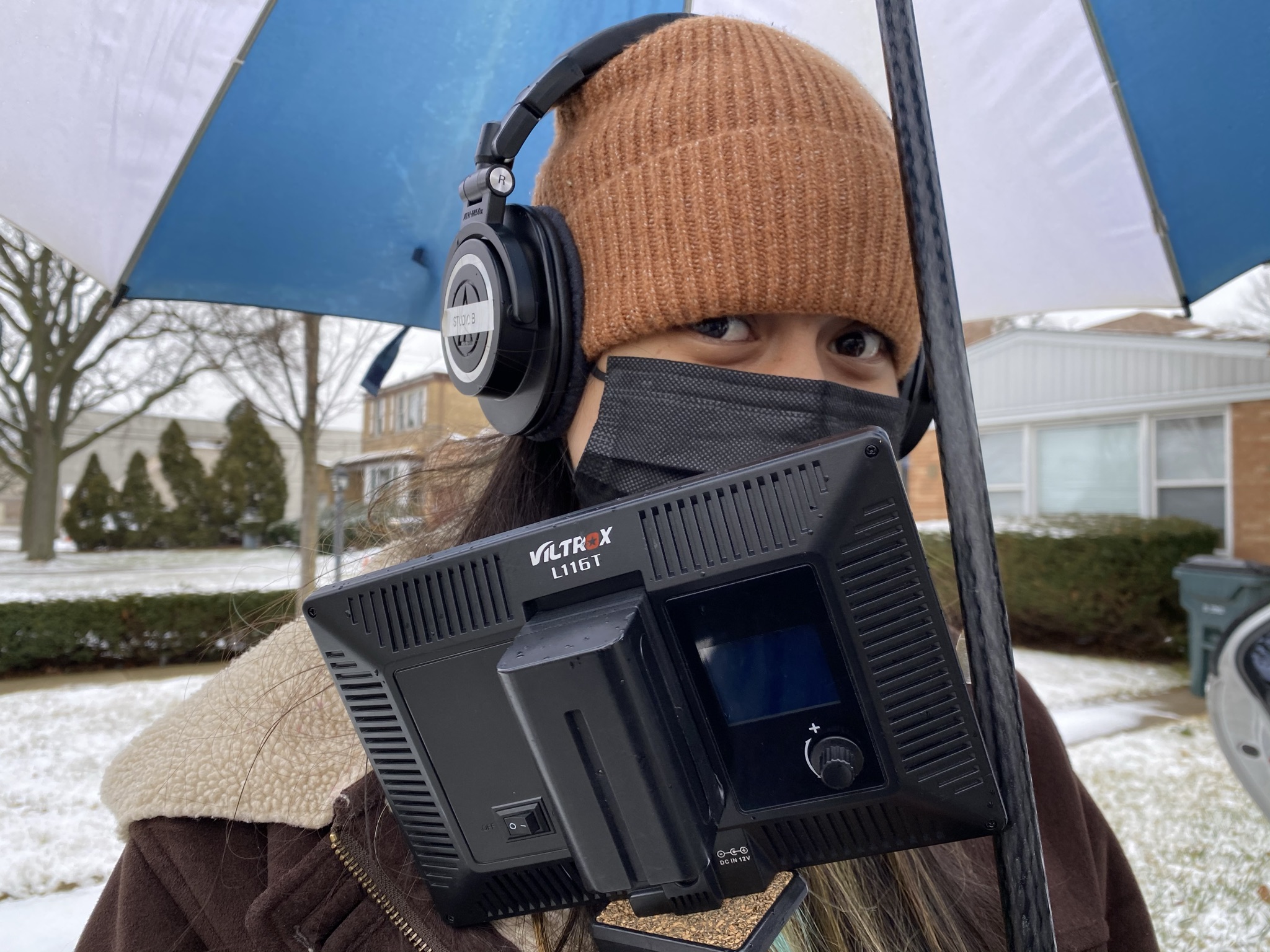
3311 W. Arthur Ave.
Lincolnwood, Illinois 60712